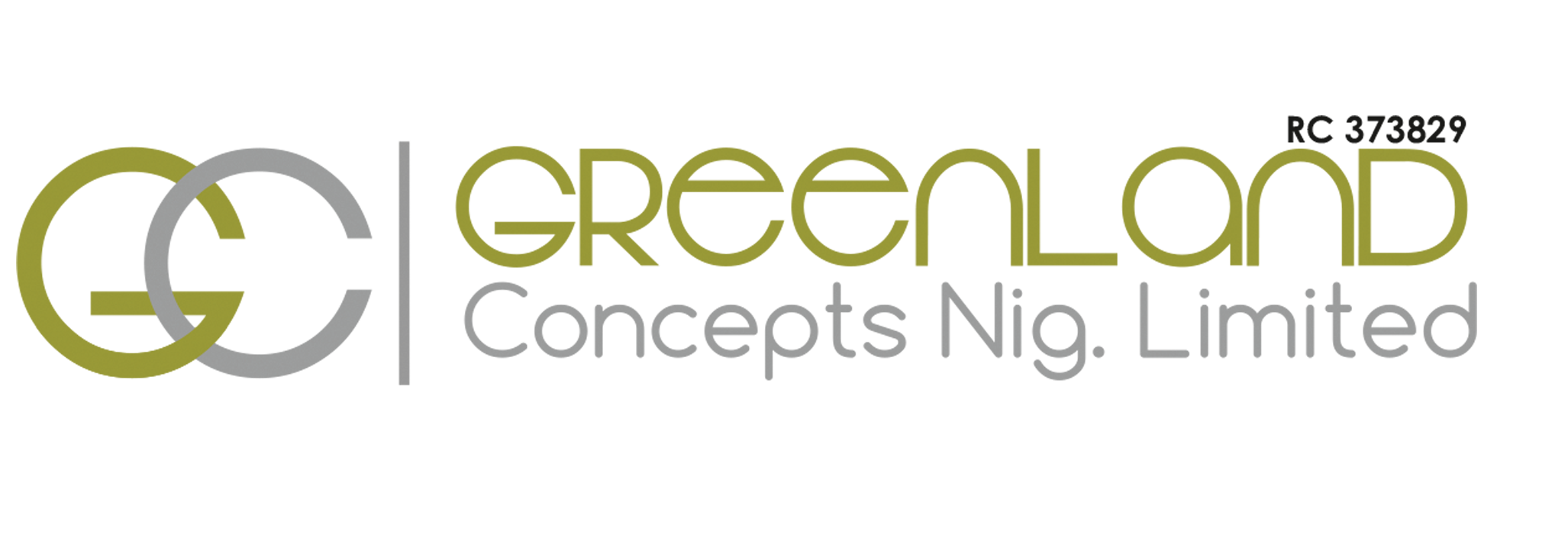The Financial Aspect Of Acquiring A Property
After all must-haves and should-haves have been listed, the major determinant in going forward with the purchase of your dream house is the cost. Buying a home is a huge investment and there is always more to it than just the purchase price.
Buy the house that you know that you can afford, not what you’re told you can afford. You know your finances better so stick to your budget.
Before signing the deal on your dream house, consider your long-term commitments. Do you plan to get married and have kids? You should plan for this too. If the house you are choosing right now won’t suit you in 5-7 years then it isn’t suitable for you.
Look beyond the paint. Changing decor (cosmetic issues) is usually inexpensive, so you shouldn’t be discouraged by this. Changes such as fixing the bath, roof, and kitchen are expensive. This entails not just the cost of the replacement but the cost of labor which usually doubles the cost of repairs. These expensive significant repairs usually come with old houses. This shouldn’t discourage you if you’re really interested as long as you factor the cost into the overall cost of purchase of the house.
Don’t be too fixated on the purchase price – this is just the major bulk of the cost of buying a house. Put into consideration the silent costs as well – additional costs that are incurred such as renovation and repair costs, property insurance, and overtime maintenance of the house.
Having thought about the cost that comes with the purchase of your dream house, you really need to analyze your monthly income to see just what kind of source of funding will be suitable for you.
Source of funding: How do you intend to pay for the property you are on the lookout for? You could have the money ready and decide to pay immediately. This is usually not the case for most people. In recent years, the Federal government has entered into partnerships with private estate investors on housing schemes that more low-income earners can benefit from.
Mortgage loans or loans from banks are also an alternative source of funding when you are thinking about purchasing your dream house. When selecting a mortgage lender consider how affordable their mortgages and loans are and the period of loan repayment.
Real estate agencies also provide the option of installment payments for potential home buyers.
Irrespective of the credit option you are taking, there are certain things you should consider. They are the following:
Debt to Income Ratio (DTI): This is a ratio used to determine if you can financially afford the monthly payment on the property you intend to take a mortgage loan out on. You need to be honest with yourself when visualizing how you are going to be paying mortgage installments in the future. Do not max out the loan accrued to you. It is usually advised that your monthly mortgage payment should be less than 43% of your monthly income.
Down payment: This usually ranges between 0-20% or more depending on the loan type and real estate. You should find out how much your funding plan requires as a down payment for proper preparation. Save up for the deposit even if you’re guaranteed a 100% loan, because the more down payment the less the amount you would have to pay in monthly installments.




